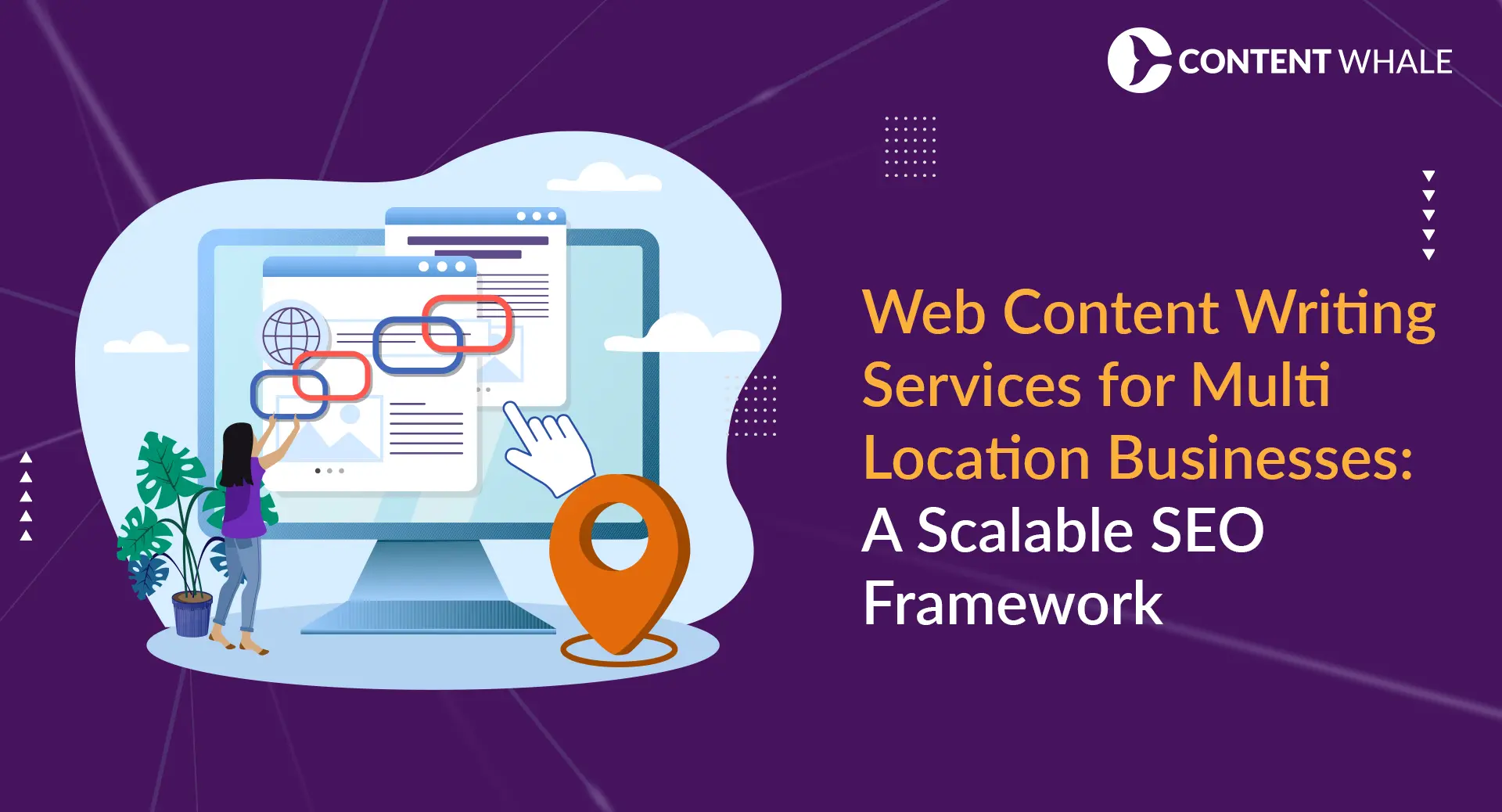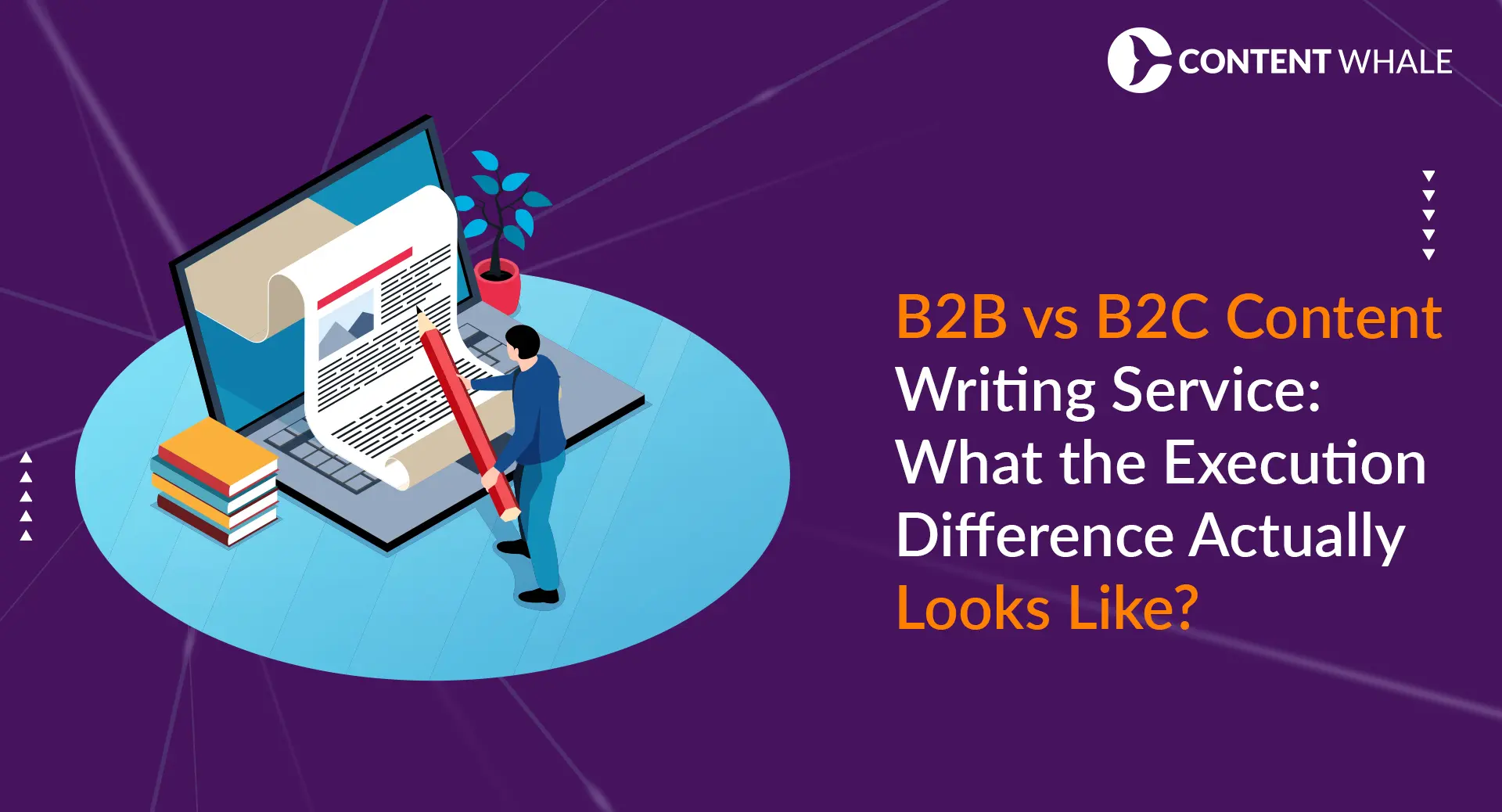AI search platforms are rewriting product discovery rules. When shoppers ask ChatGPT “What are the best wireless earbuds under $100?” they no longer scroll through ten blue links. They receive direct recommendations with 3 to 4 products featuring prices, features, and purchase links. Research from Princeton University demonstrates that GEO for e-commerce can boost visibility by up to 40% in generative engine responses (Source).
Google’s AI Overviews now appear in 39% of searches, up from 25% in late 2024, reaching over 1 billion users globally. AI native platforms like ChatGPT (processing 5 billion monthly visits) and Perplexity (handling 780 million monthly queries) generate 34% of qualified leads from search (Source).
Traditional SEO ranks pages; generative engine optimization gets products recommended directly within AI answers.
Average geo for e-commerce conversion rates range from 2 to 4% globally, but AI referred traffic converts at higher rates because of prequalified intent. This guide reveals proven strategies to optimize product visibility across ChatGPT, Perplexity, and Google AI Mode.
What Is GEO for E-commerce and Why Does It Matters Now?
Geo for e-commerce represents a shift from traditional search optimization to AI citation optimization. While SEO focuses on ranking web pages, generative engine optimization ensures products are cited within AI generated answers.
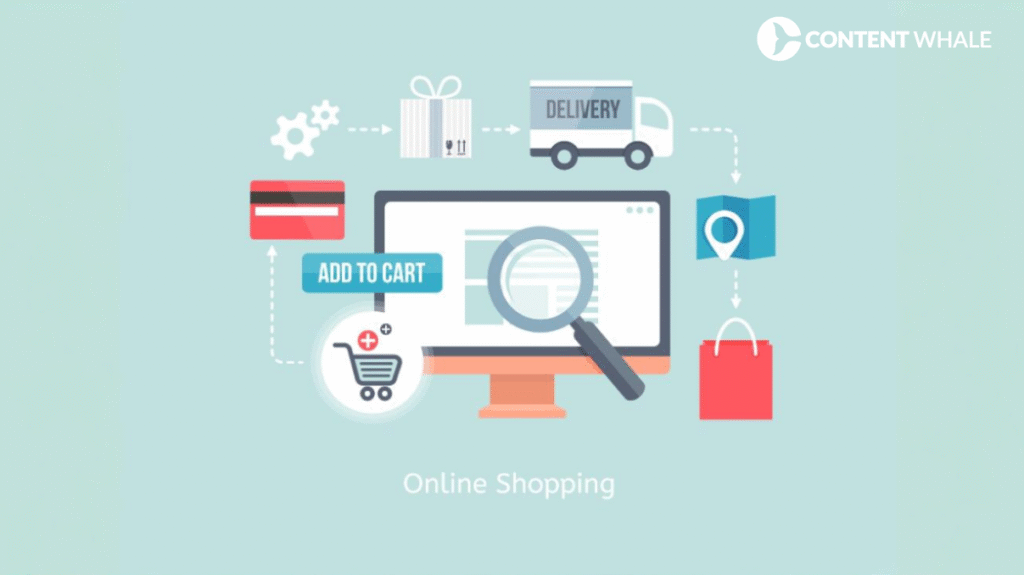
Traditional SEO vs Generative Engine Optimization
Research published in the ACM SIGKDD Conference defines GEO as “a paradigm to aid content creators in improving their content visibility in generative engine responses” (Source). Unlike traditional SEO’s emphasis on backlinks and keywords, AI search optimization prioritizes structured data, authoritative citations, and machine readable content formats.
ChatGPT processes over 10 million daily queries (Source). Perplexity AI’s user base grew from 15 million to 22 million monthly active users, marking a 50% year over year increase (Source). Research shows that 47% of Gen Z uses AI search optimization weekly for product research.
The Shift from Blue Links to AI Recommendations
Studies show 84% of users report AI Overviews improve their search experience. When AI recommends 3 to 4 products, those not cited become invisible. Research indicates 35% of marketers cite geo for e-commerce as their top success measure, surpassing brand awareness at 34%.
How AI Search Changes E-commerce Product Discovery?
Consumer shopping behavior has shifted from manual research to AI guided recommendations, creating new opportunities for generative engine optimization strategies.
Zero Click Searches and Product Recommendations
Zero click searches now represent 65% of all searches. Research from Semrush predicts LLM traffic will overtake traditional Google search by 2027, with brands seeing 800% year over year increases in referrals from AI platforms (Source).
The Three Major AI Platforms for E-commerce
ChatGPT leads with 5 billion monthly visits, up 160% year over year (Source). Google Gemini serves as the second largest platform, sharing its base model with Google’s AI Overviews. Perplexity processes 780 million monthly queries, valued at $18 billion.
First Page Sage’s study of 11,000 generative AI queries reveals only 25% overlap between ChatGPT and Perplexity recommendations, creating distinct geo for e-commerce opportunities. Average conversion rates range from 2 to 4%, with personal care achieving 2.3% (Source).
Structured Data: The Foundation of E-commerce GEO
Structured data schema markup serves as foundational infrastructure for generative engine optimization, enabling AI platforms to accurately understand and cite product information.
Product Schema Markup Essentials
For geo for e-commerce, Product schema remains critical, including properties like name, description, image, price, availability, brand, and SKU. Review schema adds aggregate ratings. Organization schema establishes credibility. FAQ schema structures questions in machine readable format.
Google’s documentation emphasizes AI Overviews prioritize “high quality, clearly attributed content that is easy to parse” (Source). Pages with rich snippets powered by structured data are more likely referenced in AI generated summaries.
Implementing JSON LD for AI Visibility
JSON LD (JavaScript Object Notation for Linked Data) represents the preferred format for AI search optimization. Unlike Microdata embedded in HTML, JSON LD sits cleanly in page headers. Go Fish Digital recommends JSON LD for Shopify implementations.
Research shows 37% of marketers invest specifically in generative engine optimization visibility, with another 37% funding AI optimized content tools (Source). Tools like Google’s Structured Data Testing Tool enable nontechnical implementation.
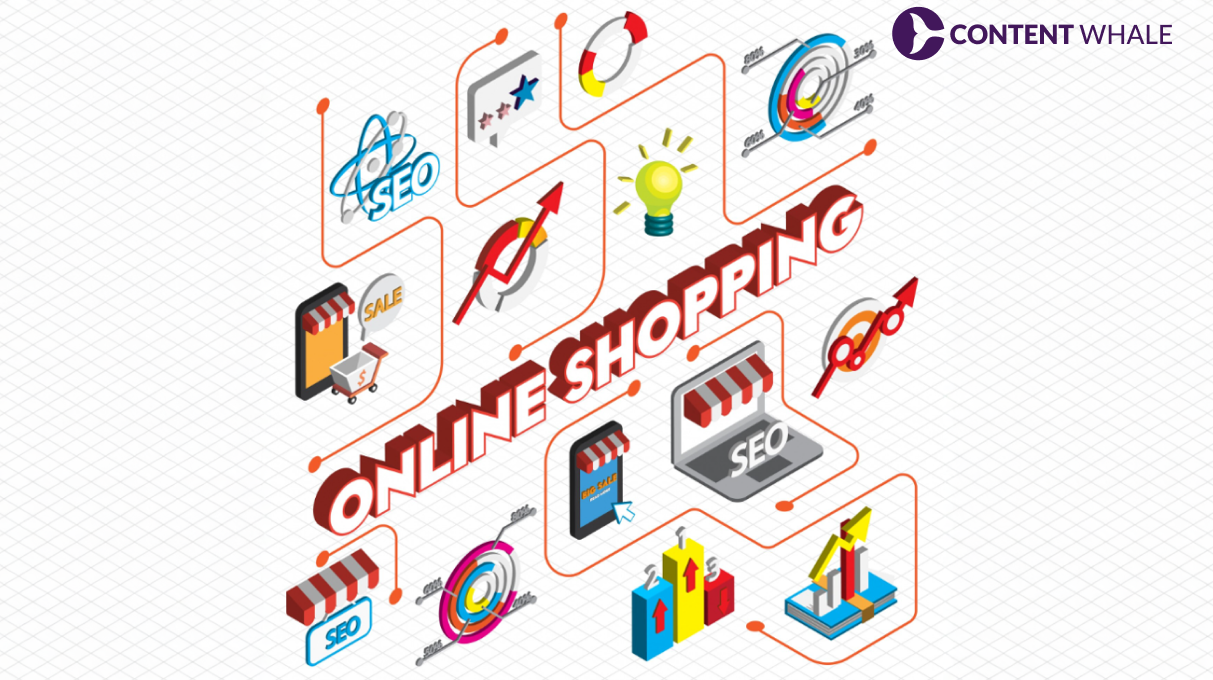
Optimizing Product Content for AI Citations
Content quality and format determine whether AI platforms cite your products. Academic research identifies specific strategies that increase visibility in generative engine optimization responses.
Writing AI Friendly Product Descriptions
The Princeton GEO study analyzed 10,000 search queries. Key findings show citing authoritative sources increases visibility by 115.1% for fifth ranked websites. Adding relevant statistics boosts citation rates by 15 to 30% (Source).
For geo for e-commerce, product descriptions should include clear summaries, comparison tables, Q&A sections, and data driven specifications. Fluency optimization and easy to understand language generate significant visibility boosts of 15 to 30% (Source).
Building Trust Through User Reviews and Ratings
Research shows brands integrating user generated content see up to 6x higher conversion rates. Returning customers convert at 60 to 70% (Source).
For AI search optimization, encourage customers to leave detailed reviews with specific product attributes. AI platforms mine review content for product strengths and real world usage patterns.
Platform Specific GEO for E-commerce Strategies
Each AI platform uses distinct algorithms. Understanding these differences enables targeted generative engine optimization that maximizes visibility across channels.
ChatGPT Optimization for Product Visibility
ChatGPT prioritizes conversational keywords and detailed specifications. First Page Sage’s algorithm analysis reveals ChatGPT relies on internet sources ranked by authority scores and content freshness. For geo for e-commerce, create content using natural language queries matching how consumers ask questions.
ChatGPT reached 400 million weekly users as of February 2025 (Source). The platform now refers to 10% of new signups for companies like Vercel (Source).
Perplexity and Google AI Overviews Best Practices
Perplexity prioritizes cited sources and transparent attribution. The platform processes 780 million monthly queries with 95% accuracy (Source). For AI search optimization on Perplexity, cite authoritative sources and format content for easy extraction using bulleted lists and data tables.
Google AI Mode emphasizes schema markup and EEAT signals. Research demonstrating appearing in high ranking list articles represents effective generative engine optimization.
Converting AI Driven Traffic into Sales
AI referred visitors demonstrate higher purchase intent. Converting this qualified audience requires strategic optimization focused on reducing friction and building trust.
Reducing Friction in the Buyer’s Decision
Cart abandonment averages 70.19% across e-commerce (Source). Primary reasons include unexpected costs and complex checkout processes. For geo for e-commerce, streamline checkout to 3 steps or fewer and enable guest checkout options.
Page speed significantly impacts conversion. Sites loading in 1 second convert at 3 times the rate of sites loading in 5 seconds (Source). Display transparent pricing upfront, as unexpected costs represent the top reason for cart abandonment.
Optimizing for High Intent AI Referrals
Mobile dominates traffic at 73%, though desktop maintains higher conversion rates at 2.8% versus mobile’s 2.3% (Source). For AI search optimization, ensure mobile experiences match desktop functionality.
Research indicates users clicking through after AI summaries convert faster because AI prequalification shortens the decision making process.
Measuring Your E-commerce GEO Performance
Tracking generative engine optimization effectiveness requires new metrics beyond traditional SEO measurements.
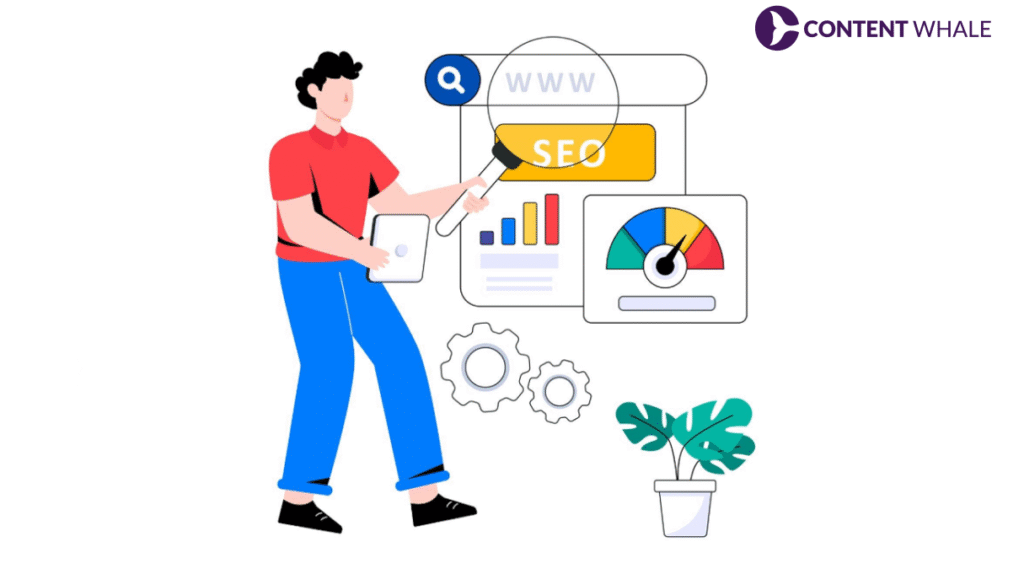
Key Metrics to Track
Unlike traditional SEO, geo for e-commerce lacks transparency into which queries surface content in AI systems. Go Fish Digital identifies this as “the most significant gap” at the prompt level.
Track AI citation frequency, brand mentions in generative outputs, referral traffic from AI platforms, and conversion rates segmented by traffic source. New platforms like Profound, Goodie, and Daydream enable brands to analyze how they appear in AI generated responses (Source).
Tools for Monitoring AI Citations
Google Search Console’s Enhancement tab helps spot schema markup errors and tracks pages eligible for rich results. Build custom dashboards filtered by GEO metrics, impressions, and click through rates.
Ahrefs’ Brand Radar tracks brand mentions in AI Overviews. Semrush offers a dedicated AI toolkit designed to track perception across generative platforms (Source).
Common E-commerce GEO Mistakes to Avoid
Many businesses struggle with generative engine optimization implementation. Recognizing common pitfalls accelerates performance improvements and maximizes AI visibility.
Incomplete product data represents the most frequent error. AI engines cannot cite products lacking essential schema properties. Outdated schema markup creates mismatches between displayed content and actual product information. Google notices when the schema does not match the current page content (Source).
Ignoring mobile optimization proves costly when mobile traffic accounts for 73% of visits. Missing review implementation eliminates a critical trust signal that AI search optimization platforms prioritize.
Single platform focus creates missed opportunities. Research demonstrates only 25% overlap between ChatGPT and Perplexity recommendations (Source). Geo for e-commerce requires continuous updates matching inventory and pricing changes.
How Content Whale Can Help Your E-commerce GEO Strategy?
Content Whale specializes in implementing comprehensive generative engine optimization strategies that transform e-commerce visibility across AI platforms.
We implement complete structured data solutions, ensuring Product schema, Review schema, FAQ schema, and Organization schema are properly deployed using JSON LD format. Our technical experts conduct schema audits identifying gaps preventing AI citations.
Content Whale creates AI optimized product descriptions following Princeton research guidelines, incorporating authoritative citations, relevant statistics, and easy to understand language that AI engines prioritize. We develop comparison tables, Q&A sections, and data driven specifications formatted for maximum extractability.
Our multi platform AI search optimization approach addresses ChatGPT’s conversational requirements, Perplexity’s citation preferences, and Google AI Mode’s EEAT signals simultaneously.
Conclusion
Geo for e-commerce has evolved from experimental tactic to business necessity. With 39% of searches showing AI Overviews and platforms like ChatGPT driving 34% of qualified leads (Source), optimization is no longer optional.
Success requires structured data implementation using Product schema and JSON LD formats, quality content following research backed strategies, platform specific optimization, and continuous measurement tracking citations and conversions. Research demonstrates generative engine optimization can boost visibility by up to 40% (Source).
Ready to dominate AI search results? Partner with Content Whale to implement a comprehensive AI search optimization strategy that ensures your products appear in AI generated recommendations reshaping how consumers discover and purchase products in 2025.
FAQs
1: What is the difference between SEO and geo for e-commerce?
Traditional SEO focuses on ranking web pages in search engine results pages, optimizing for keywords, backlinks, and page authority. geo for e-commerce optimizes products to be cited directly within AI generated answers from ChatGPT, Perplexity, and Google AI Overviews. Research shows GEO can boost visibility by 40% in generative engine responses (Source).
While SEO targets search engines, generative engine optimization targets AI models that synthesize information from multiple sources.
2: Which AI platforms should e-commerce stores optimize for?
Prioritize three major platforms: ChatGPT with 5 billion monthly visits (Source), Google AI Overviews reaching 1 billion users, and Perplexity processing 780 million monthly queries (Source).
Each requires different AI search optimization strategies. ChatGPT favors conversational content, Perplexity values cited sources with 95% accuracy, and Google AI Mode prioritizes schema markup. Research shows only 25% recommendation overlap between platforms.
3: How does structured data improve AI search optimization for products?
Structured data uses schema markup including Product, Review, and Organization schemas to make product details machine readable. AI engines understand pricing, availability, and ratings better, significantly increasing citation chances.
Google documentation confirms AI Overviews prioritize “high quality, clearly attributed content that is easy to parse.” Currently, 37% of marketers invest specifically in GEO visibility.
4: What conversion rates can I expect from AI driven traffic?
AI referred traffic converts at higher rates than traditional search because users receive prequalified recommendations. Average e-commerce conversion rates range from 2 to 4%. AI native platforms now generate 34% of qualified leads from search. Users clicking through after AI summaries demonstrate higher engagement and faster purchase decisions.


